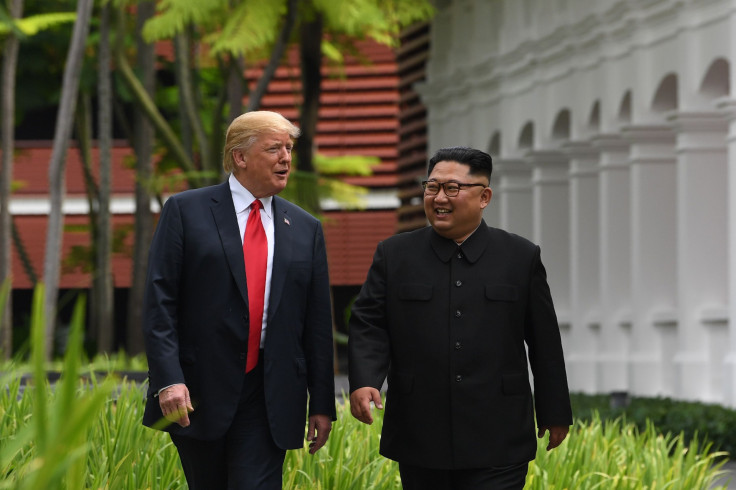North Korea Denuclearization Talks May ‘Collapse’ Amid Nuclear Program Resumption Threat: Experts

In the days leading up to the high level talks between the United States and North Korea scheduled to take place this week, Pyongyang’s increasingly tough rhetoric against the sanctions levied on it by Washington could lead to a “collapse” in ongoing denuclearization talks between the two nations, experts opined.
According to political analysts, negotiations between the two nations have hit a snag because neither of the two were refusing to budge without the other taking action first.
For example, North Korea has agreed for a complete suspension of its nuclear program only once U.S. decides to bring about a sanctions relief and a formal end to the Korean War. However, President Donald Trump’s regime has already made it clear the only way for Pyongyang to have its demands met was to deliver on its denuclearization promises.
"We know with whom we're negotiating. We know what their positions are. And President Trump has made his position very clear: no economic relief until we have achieved our ultimate objective," Secretary of State Mike Pompeo said in an interview, CNN reported.
While Pompeo said he was not worried about the North Korean media adopting rigid stance against the U.S., political pundits did not share the same lack of concern.
On Friday, North Korean Foreign Ministry warned: “The U.S. thinks that its oft repeated ‘sanctions and pressure’ leads to ‘denuclearization’ – we cannot help laughing at such a foolish idea. If the U.S. keeps behaving arrogantly without showing any change in its stand, while failing to properly understand our repeated demand, the DPRK [Democratic People’s Republic of Korea] may add one thing to the state policy for directing all efforts to the economic construction adopted in April, and as a result the word ‘pyongjin’ may appear again.”
The term “pyongjin” referred to the policy of strengthening both the North Korean economy and its nuclear program.
Adam Mount, a senior fellow and the director of the Defense Posture Project at the Federation of American Scientists said a threat like that had the potential to curb the denuclearization talks going on between the two nations.
“This is a more direct threat to collapse talks and resume the nuclear program at full speed than we've seen since negotiations since started. So in that regards it's a shift from their previous position," Mount said.
However, the amped up treats from North Korea could just be its strategy to gain an upper hand going into this week’s talks, Mouth contemplated, something Pyongyang has done in the past.
“It's a clear play for leverage, it's a clear play to set the agenda in the upcoming round of diplomacy, but there's still a very real risk that it does seriously damage the negotiation process,” Mount added.
Duyeon Kim, an adjunct senior fellow at the Center for a New American Security and expert on North Korea and nuclear nonproliferation issues, said it was wrong for North Korea to expect that just because they had made good on some of the steps toward denuclearization that U.S. would be willing to lift sanctions against them.
So far Pyongyang has shut down a missile engine testing facility, made its nuclear test site inaccessible and promised to close the Yongbyon nuclear facility – everything that can be reversed.
"They're basically saying, I did half of my end of the Singapore bargain, now it's your turn," Kim said. “What's needed most right now is a real nuclear deal – a denuclearization roadmap lined up with a peace process so that both sides have predictability. They shouldn't be negotiating in pieces as they arise.”
© Copyright IBTimes 2024. All rights reserved.






















